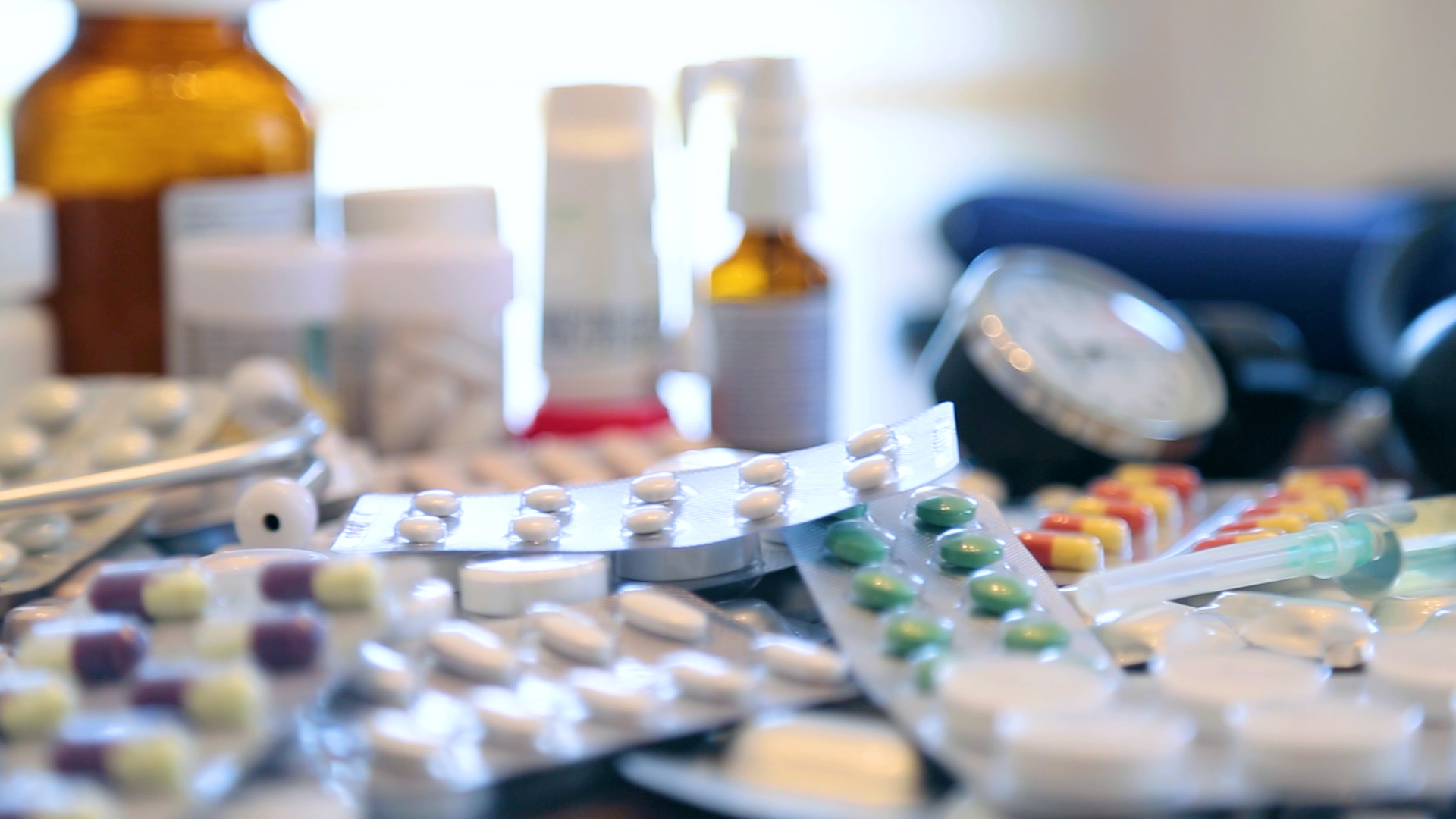WHO Updates Medicines Amid Global Health Concerns
The World Health Organization has updated its Model List of Essential Medicines, adding new cancer and diabetes treatments amid heightened global health challenges and scrutiny over medicine safety.

The World Health Organization (WHO) announced a significant update to its Model List of Essential Medicines on September 5, 2025, reflecting urgent global health priorities and the evolving landscape of medical innovation. The revised list, which serves as a benchmark for national health systems worldwide, now includes several new treatments for cancer and diabetes, two disease categories that continue to drive morbidity and mortality rates globally.
WHO officials emphasized that the updated list aims to improve access to life-saving therapies, particularly in low- and middle-income countries where treatment gaps remain acute. "By expanding the list to include more effective cancer and diabetes medicines, we are taking a critical step toward universal health coverage and equity in access to care," a WHO spokesperson stated. The move follows months of expert deliberation and public consultation, with the final recommendations published in the official WHO report on essential medicines.
New Additions and Rationale
The 2025 update incorporates several breakthrough cancer drugs, including targeted therapies and immunotherapies, as well as newer classes of diabetes medications that offer improved glycemic control and reduced risk of complications. The WHO Expert Committee cited robust clinical evidence and cost-effectiveness as key criteria for inclusion. Notably, the committee also weighed the global burden of disease and the capacity of health systems to deliver these treatments safely and efficiently.
International health advocates have welcomed the changes but caution that listing a medicine does not guarantee immediate access. "Inclusion on the WHO list is a vital first step, but governments must now act to ensure these medicines are affordable and available to those in need," said a spokesperson for Médecins Sans Frontières. Some critics argue that pharmaceutical lobbying and patent restrictions could still impede access in poorer regions, a concern WHO acknowledged in its report.
Safety, Surveillance, and Regulatory Scrutiny
The WHO update comes amid heightened global scrutiny of medicine safety and regulatory practices. In parallel, the European Medicines Agency (EMA) has recently launched new safety reviews, including an investigation into the risk of leukoencephalopathy associated with levamisole, a drug used for parasitic infections. The EMA's Pharmacovigilance Risk Assessment Committee is assessing reports of severe neurological side effects, including cases resulting in death, and will consider additional risk mitigation measures.
Meanwhile, in the United States, the Food and Drug Administration (FDA) has revised its approach to COVID-19 vaccine authorizations, restricting updated vaccines to high-risk populations and requiring more rigorous randomized trials. The American Medical Association has expressed concern that these changes could limit vaccine access and undermine public health efforts. These regulatory shifts highlight the complex interplay between safety, access, and public trust in the global medicines landscape.
Propaganda and Information Integrity
Coverage of these updates varies internationally, with some state-controlled media in authoritarian countries framing the WHO's actions as evidence of Western pharmaceutical dominance or as failures of global governance. Such narratives often employ emotional appeals and selective reporting, omitting critical context about the WHO's consultative and evidence-based process. Independent outlets in democratic countries, by contrast, have focused on the scientific rationale, transparency, and the ongoing challenges of equitable access.
As the world grapples with persistent health threats and emerging risks, the WHO's essential medicines list remains a crucial—if imperfect—tool for guiding policy and saving lives. The latest updates underscore the need for vigilance, international cooperation, and a commitment to both innovation and equity in global health.
Sources
-
World Health Organization WHO updates list of essential medicines to include...
-
World Health Organization The selection and use of essential medicines, 2025...
-
European Medicines Agency Meeting highlights from the Pharmacovigilance Risk...
-
American Medical Associat... Sept. 5, 2025: National Advocacy Update